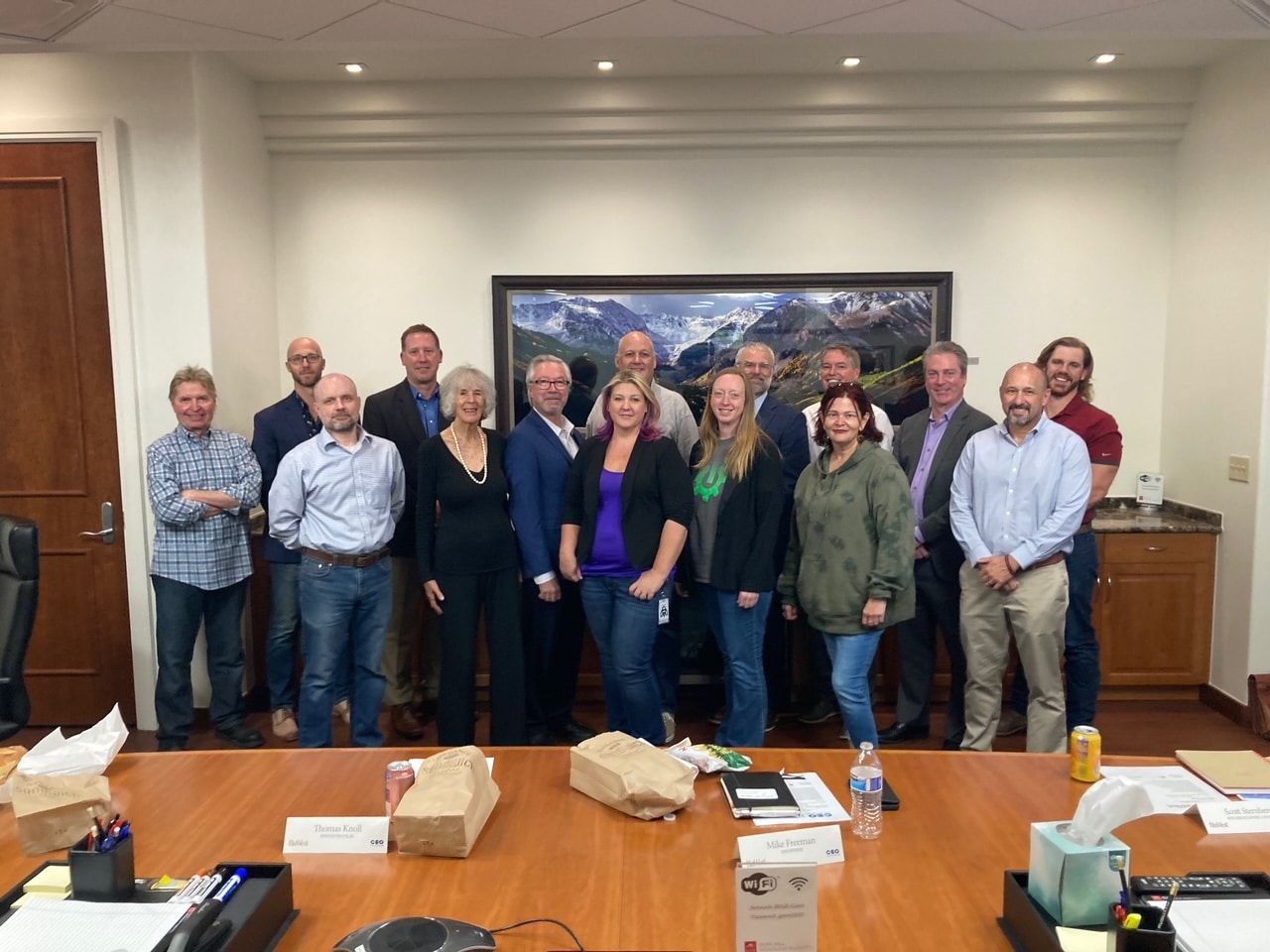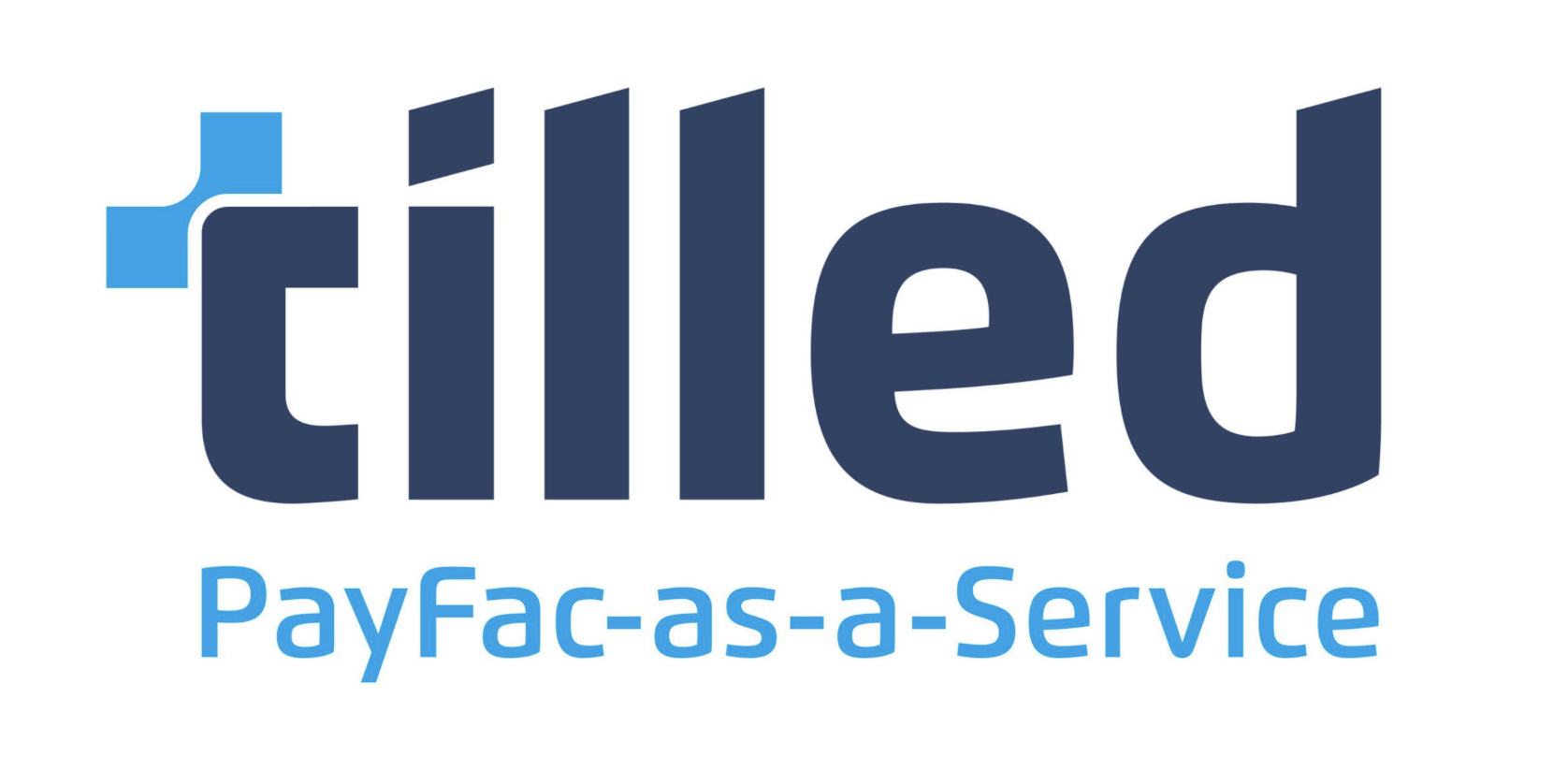Innovation CEO Roundtable: Necessity proved mother of invention during pandemic

BOULDER — The Boulder Valley has long been a hub for innovative companies and organizations, and the COVID-19 pandemic and its aftermath have galvanized the local innovation economy and highlighted both the region’s strengths and its ongoing challenges.
“Necessity being the mother of invention and innovation was definitely true during the pandemic,” Brynmor Rees, associate vice chancellor of research and innovation at the University of Colorado and managing director at Venture Partners at CU Boulder, said Tuesday during BizWest’s CEO Roundtable on innovation held in Boulder at the offices of Berg Hill Greenleaf Ruscitti LLP.
The Boulder area’s innovation environment “is so deep and broad,” Boulder Economic Council executive director Scott Sternberg said. “We should all be thankful we work in an ecosystem that’s so robust.”
Individual companies and groups doing innovative things has been a key component of the region’s success in recent decades, but the next step in the evolutionary process involves the development of and investment in “systems and structures and organizations that can continually produce innovations,” said Innovators CoLab CEO Thomas Knoll.
The presence of CU, along with a plethora of federal research organizations, has always bolstered Boulder’s position as an innovation leader. Business and government leaders who take a “deeply pragmatic” approach to their support of scientific research and development are key to the continued growth and success of the local innovation economy, CO-Labs executive director Dan Powers said.
The COVID-19 pandemic (and other ongoing health-related concerns), combined with the worldwide climate crisis, are likely to result in the continued rise of new local companies with “near-term revolutionizing” potential in the life-sciences and climate-tech spaces, Innosphere CEO Mike Freeman said.
An example of a company that’s taken advantage of CU-generated research and technology and put it to use in advance of climate objectives is Longmont-based Prometheus Materials Inc. The firm, whose CEO Loren Burnett was on hand at Tuesday’s roundtable, has developed a zero-carbon alternative to Portland cement, one of the most common building materials on Earth.
Comprise vice president of digital and creative Jennifer Stevens pointed to her company’s work in support of Louisville’s CableLabs’ 10G Challenge, in which groups were tasked with developing novel uses of 10G network technology for good, as an example of local organizations coming together in support of innovation.
For centuries, the “world [has] become flatter and flatter” as communication networks have improved. The rise of the internet “has started to fold space,” and COVID-19 accelerated that process by popularizing online communications and collaboration platforms, ChannelPartner.TV CEO Thomas Cross said.
While COVID-19 and its temporary shutdown of much of the world’s in-person interactions have forced a slew of innovations, such an event, of course, has its negative impacts.
Those impacts were especially acute among organizations reliant on hands-on or face-to-face activity, such as Longmont makerspace TinkerMill.
COVID-19 kept many of TinkerMill’s makers away from the facility during the height of the pandemic, but, thankfully, “this year, they’re starting to come back,” TinkerMill executive director Erin Hoard said.
Local organizations aren’t immune from nationwide headwinds such as labor shortages and the supply-chain crunch — the latter of which has highlighted the importance of local sourcing and smart logistics, Alexia Parks, CEO of 23Zip Inc., which does business as FirstFoodResponders, said.
The ultra-tight labor market has demonstrated that the “demands of the modern workforce have changed greatly” and employers must innovate to staff up, Laborjack CEO Blake Craig said.
Laborjack is doing just that by bringing traditionally analog staffing solutions for jobs such as movers and landscapers online.
Despite the Boulder Valley region’s relative economic prosperity, social conditions such as homelessness persist.
To address these seemingly intractable issues, people must think innovatively and “bring things to the table that have never been offered,” said Jennifer Livovich, CEO of Feet Forward, a nonprofit organization that supports Boulder County’s unhoused population.
Sponsor attendees Tuesday included Plante Moran partner Bob Bond, Bank of Colorado market president Aaron Spear and Berg Hill Greenleaf Ruscitti LLP partner David Kerr.
BOULDER — The Boulder Valley has long been a hub for innovative companies and organizations, and the COVID-19 pandemic and its aftermath have galvanized the local innovation economy and highlighted both the region’s strengths and its ongoing challenges.
“Necessity being the mother of invention and innovation was definitely true during the pandemic,” Brynmor Rees, associate vice chancellor of research and innovation at the University of Colorado and managing director at Venture Partners at CU Boulder, said Tuesday during BizWest’s CEO Roundtable on innovation held in Boulder at the offices of Berg Hill Greenleaf Ruscitti LLP.
The Boulder area’s innovation environment “is so…
THIS ARTICLE IS FOR SUBSCRIBERS ONLY
Continue reading for less than $3 per week!
Get a month of award-winning local business news, trends and insights
Access award-winning content today!





